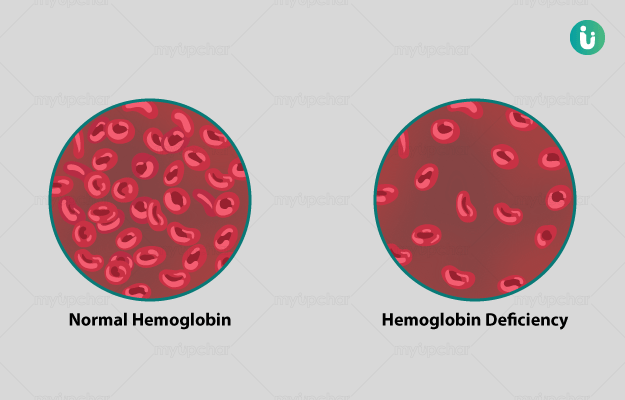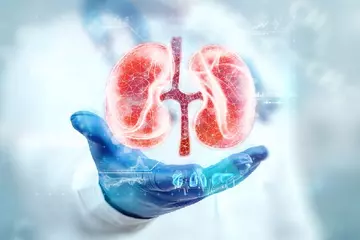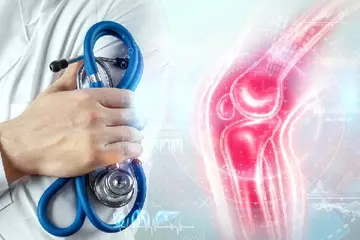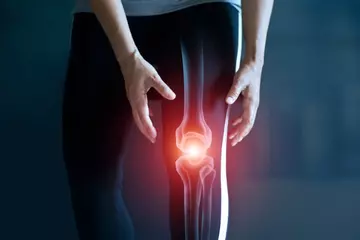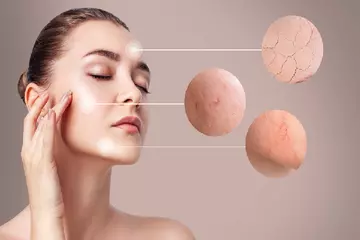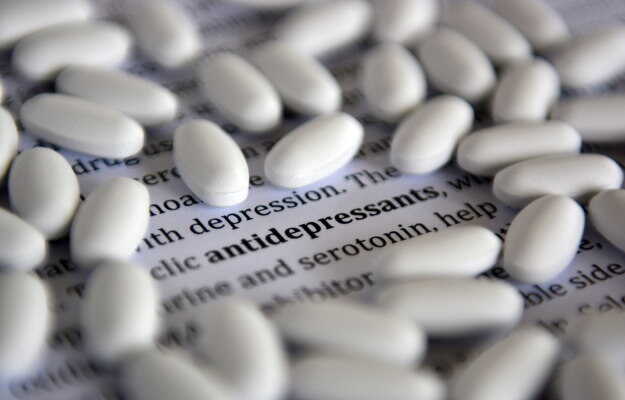What is haemoglobin deficiency?
Haemoglobin is a vital protein present in our red blood cells. Its function is to carry oxygen to the cells and tissues. A low haemoglobin count, also known as haemoglobin deficiency, can be easily detected through a blood test and is generally defined as a level less than 13.5 g/dL (135 g/L) in men and 12 g/dL (120 g/L) in women.
What are its main signs and symptoms?
Generally, if the haemoglobin count is only slightly less than the normal, the individual may experience no symptoms at all.
However, symptoms of haemoglobin deficiency include:
- Fatigue
- Weakness
- Feeling dizzy
- Palpitations
- Pale skin
- Shortness of breath
- Inability to carry out physical activities
- Swelling in feet
What are its main causes?
A low haemoglobin count could be due to excessive loss of blood caused due to multiple factors:
- Excessive bleeding due to injury
- Frequent blood donation
- Heavy menstruation
Some conditions may also contribute to a low haemoglobin count due to excessive breakdown of red blood cells in the body:
- Enlarged spleen
- Sickle cell anaemia
- Thalassaemia
Other factors that cause inadequate red blood cell production leading to haemoglobin deficiency include:
- Poor intake of vitamin B12
- Bone marrow disease (since red blood cells are produced in the bone marrow)
- Aplastic anaemia- a type of cancer of the bone marrow which leads to the destruction of new-cell production capacity
- Kidney diseases
- Low level of iron and folate in the diet
How is it diagnosed and treated?
Low haemoglobin levels are detected and diagnosed through a simple blood test. A complete blood count (CBC) is usually the first test ordered by the doctor. It measures the components in the blood including the red blood cells, white blood cells, platelets, haemoglobin and haematocrit (percentage of blood made of red blood cells). The blood test may be performed in case of :
- A noticeable sign of internal bleeding
- Pregnancy
- Experiencing blood loss
- Kidney problems
- Anaemia
- Cancer
- Intake of certain medications
The treatment of low haemoglobin depends upon the cause of the deficiency. In case of anaemia or nutritional causes, the doctor may prescribe food supplements which help in increasing the iron, vitamin B12 or folate levels in the blood. In case of blood loss due to injury, blood transfusion may be required. Usually, treating the underlying cause resolves the low haemoglobin count. In cases of excessive destruction of red blood cells causing, treating the disease along with external supplementation might be needed.

 OTC Medicines for Hemoglobin deficiency
OTC Medicines for Hemoglobin deficiency

